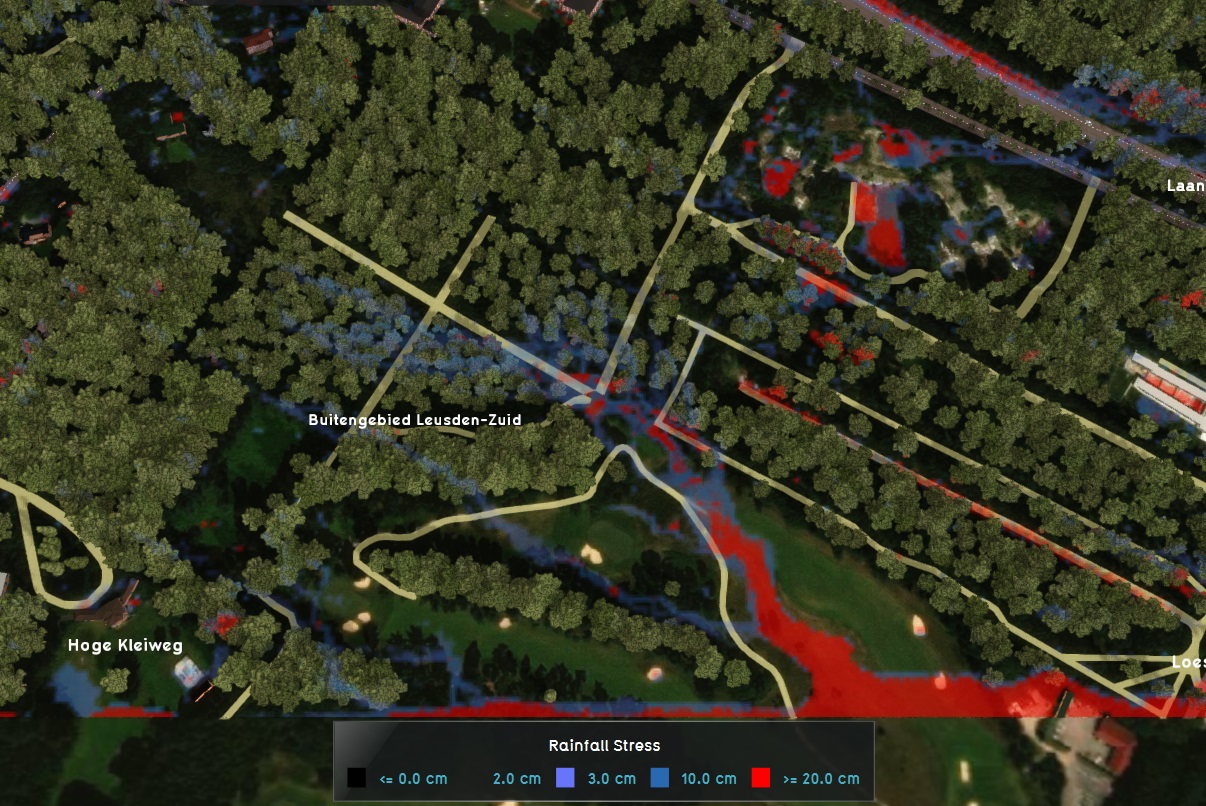Water Module: Difference between revisions
Jump to navigation
Jump to search
No edit summary |
No edit summary |
||
| Line 14: | Line 14: | ||
The Water Module is based on established [[Water_Module_Theory|theory]] and is validated using several existing [[Water_module_benchmarks|benchmarks]]. | The Water Module is based on established [[Water_Module_Theory|theory]] and is validated using several existing [[Water_module_benchmarks|benchmarks]]. | ||
The Water Module is configured, handled and visualized by [[Grid overlay|grid-based]] [[Water Overlay|Water Overlays]], where each overlay can be tuned for specific analyses, insights, [[Use_cases_Water_Overlay|use cases]] and results. | The Water Module is configured, handled and visualized by [[Grid overlay|grid-based]] [[Water Overlay|Water Overlays]], where each overlay can be tuned for specific analyses, insights, [[Use_cases_Water_Overlay|use cases]] and results. | ||
Revision as of 14:17, 11 June 2019
The Water Module in the Tygron Platform enables users to simulate the movement of (liquid) water and its impact in a project area. The Water Module is primarily created for the analysis of spatial water problems in urban and rural areas. These include heavy rainfall scenarios, flooding and evacuation situations and groundwater and water management simulations.
Examples are:
- Flooding: Movie: Dam Breach
- Stress testing for climate change
- Droughts: Movie: Droogte/ Droughts (Dutch only)
- Water quality Movie: track substances
For more areas of application see Use cases.
The Water Module is based on established theory and is validated using several existing benchmarks.
The Water Module is configured, handled and visualized by grid-based Water Overlays, where each overlay can be tuned for specific analyses, insights, use cases and results.





